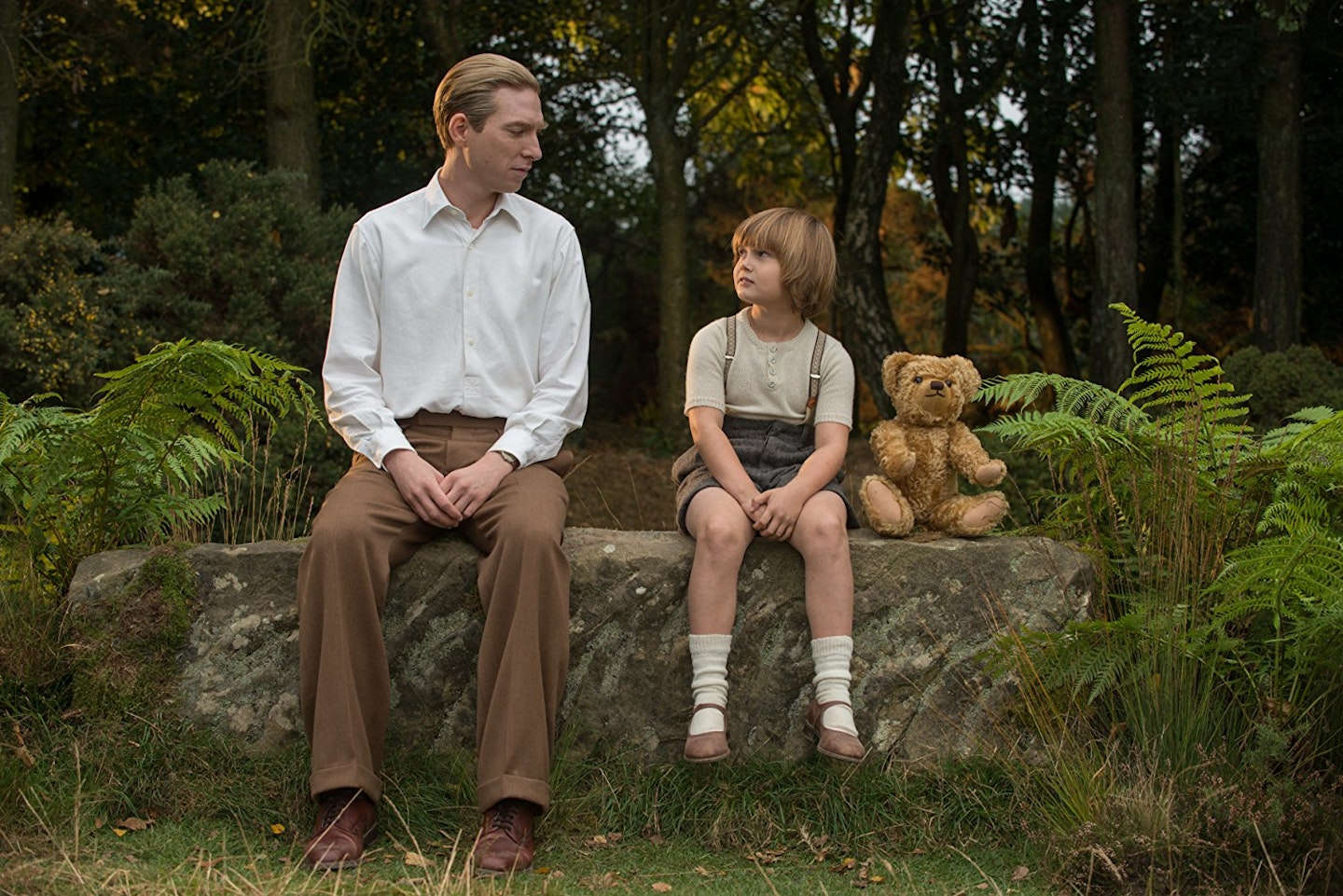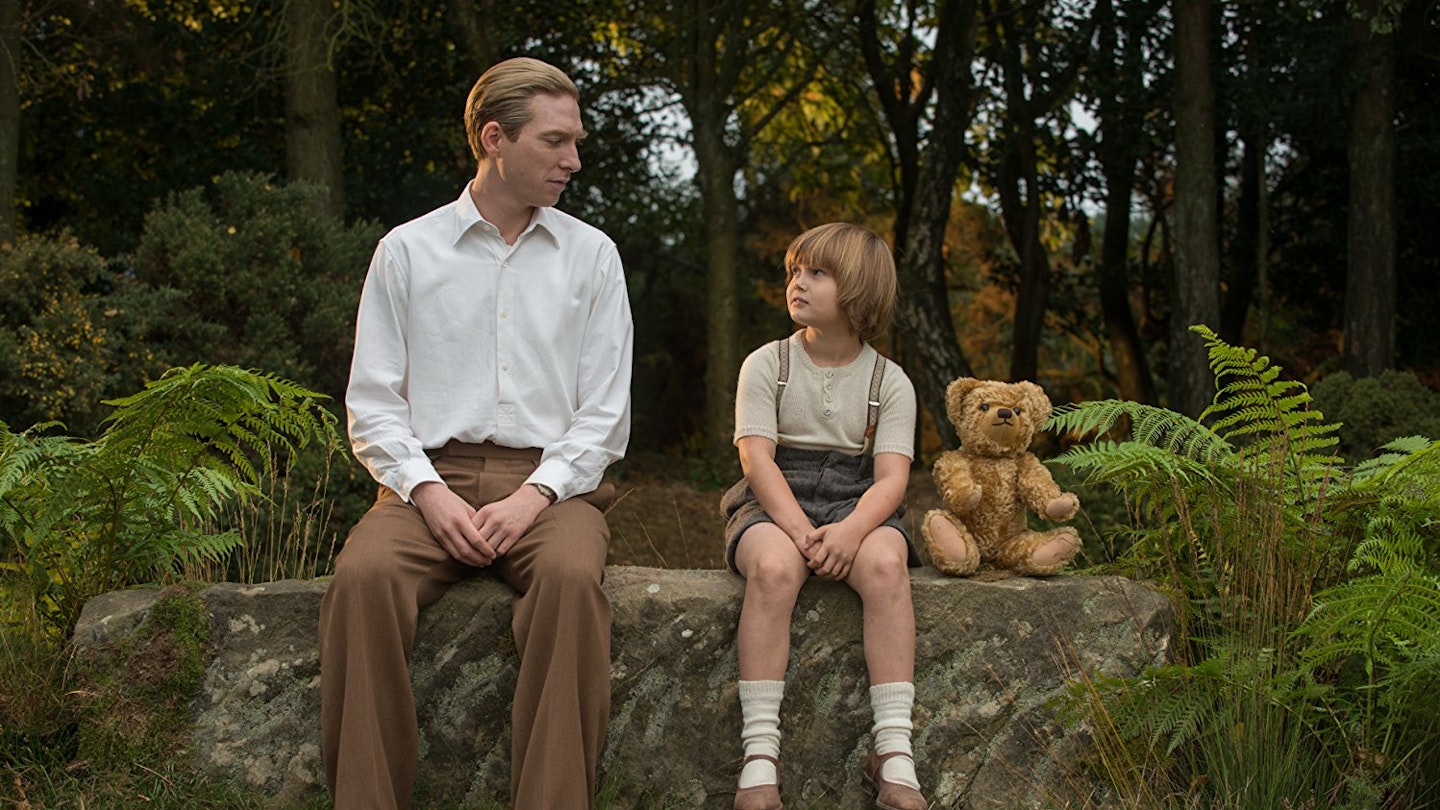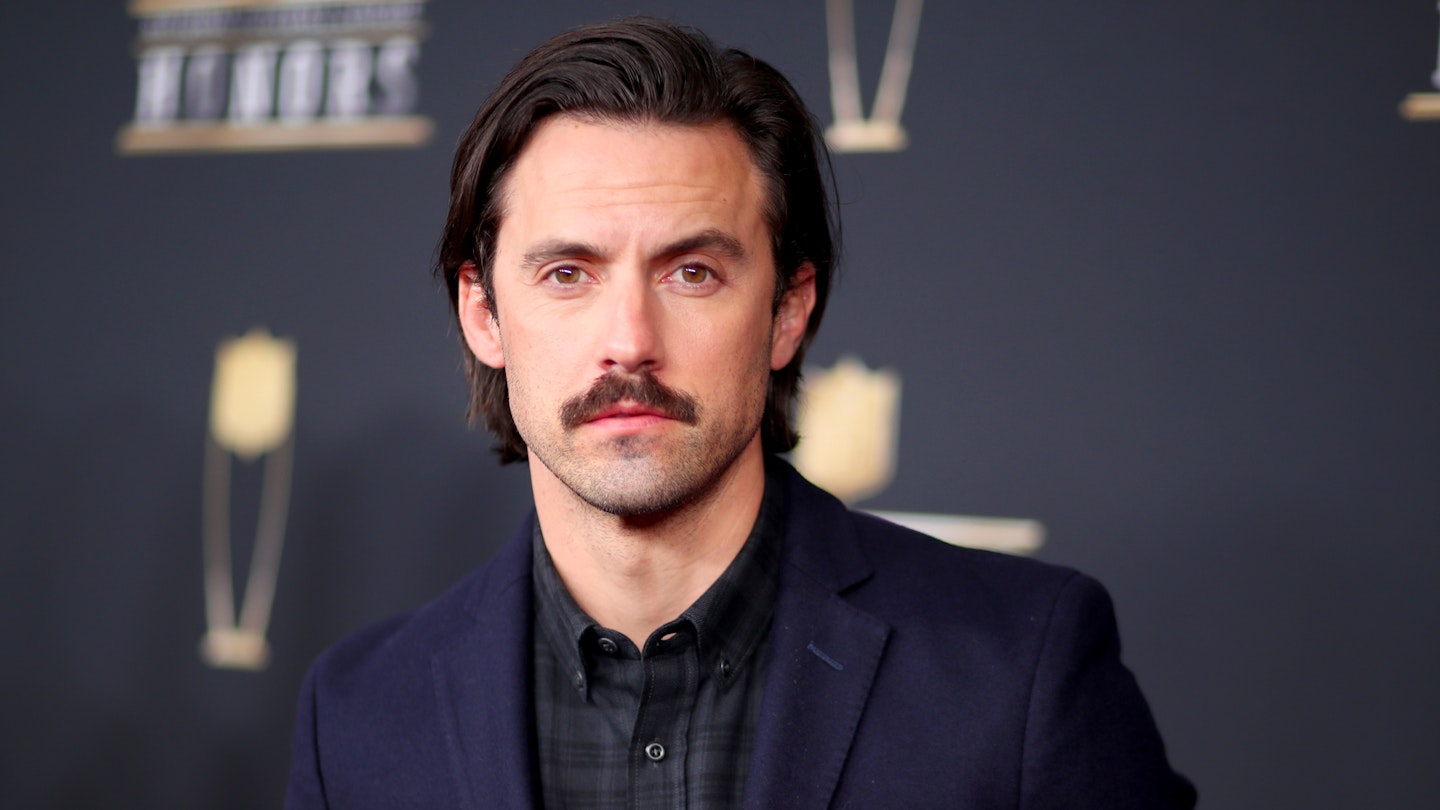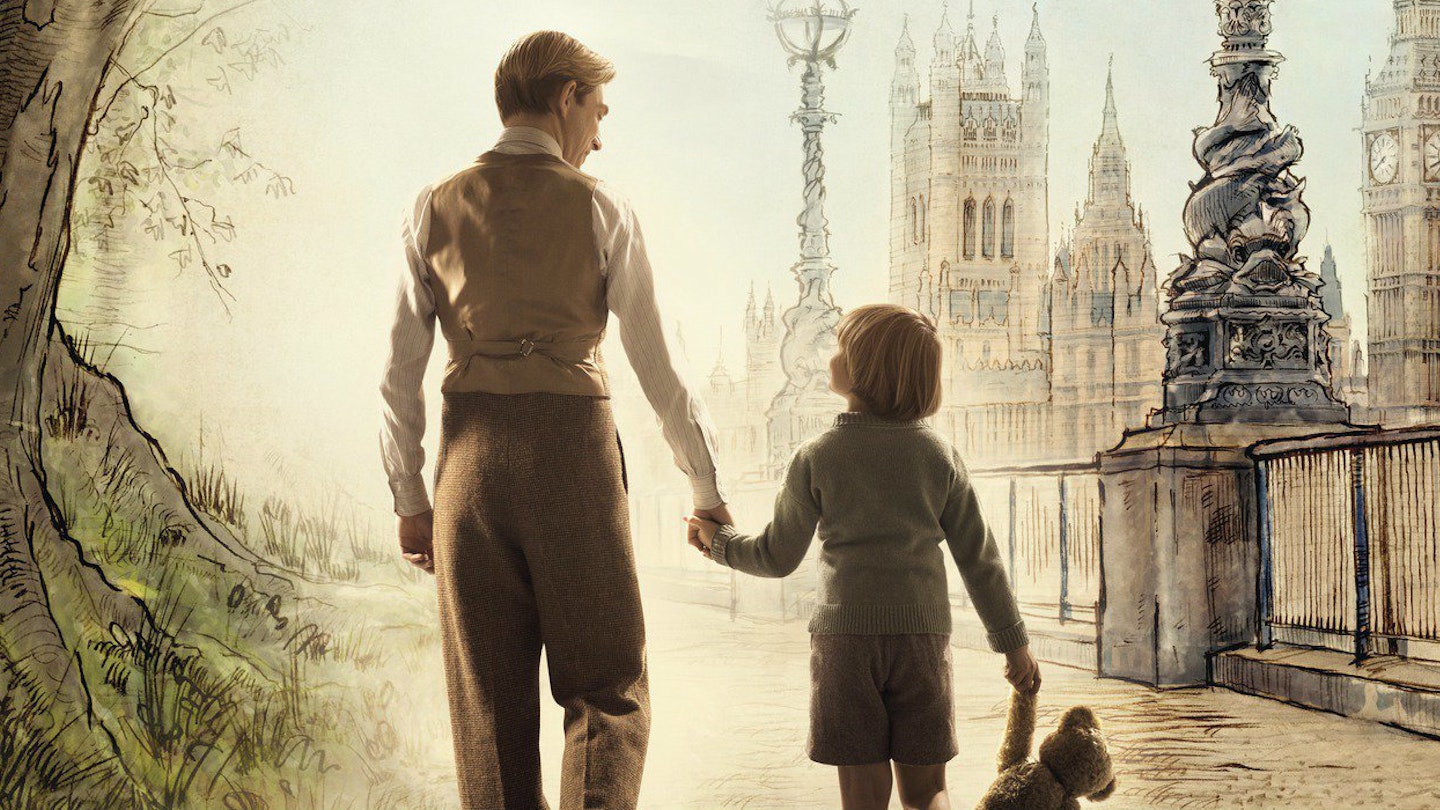Christopher Robin was real, and he wasn’t happy about it. More specifically, he wasn’t happy to be put in a situation where people discovering he was ‘the real Christopher Robin’ meant something — that his childhood games had been packaged and sold by his father across four books and countless items of tie-in merchandise. When you see him as a six-year-old being doorstepped by reporters or told to stand by a real bear for a photo op (“He’ll be fine as long as he doesn’t make any sudden movements”), you start to see his point.
A witty and touching father-son tale.
It’s this father-son relationship between A.A. Milne and “Billy Moon” (Christopher’s parents’ pet name for him) that’s at the heart of Goodbye Christopher Robin. Milne returned from World War I a changed man. Suffering from post-traumatic stress disorder, bright lights, loud noises, even the buzzing of bees transported him back to the atrocities he witnessed at the Somme. His solution was a move out of London — swapping his Chelsea townhouse for the peace of a Sussex farmhouse so he could concentrate on his writing. Here he began spending time outdoors and, consequently, more time with his son.
As a reaction to this, his wife, Daphne (Margot Robbie), upped and left, vowing only to return when he started writing again. Which, inspired by Christopher’s games with his soft toys in the woods by his house, he soon did — writing a collection of poems (When We Were Very Young) followed by the novel Winnie-The-Pooh.

If Daphne’s actions seem unfathomable and heartless, that isn’t the half of it. Her character is, by a distance, the weakest element of the film. In reality, she was also psychologically damaged (not least by her experiences during childbirth) but the script doesn’t give her issues the same credence it gives her husband’s. She’s thinly written, and comes off as a self-centred, one-note villain. Harley Quinn was more likeable.
But mostly, everything else works. Milne was a renowned wit, and the dialogue is sharply written (“The midwife says nine pounds. I’m inclined to think midwives are like anglers — exaggerating the size of the catch”). And while real-life events appear condensed, or slightly moved in the timeline to better fit the film’s narrative, the essence is the same. The stories become worldwide bestsellers, propelling his son to a level of fame he can’t comprehend, but which his parents are happy to exploit for monetary gain. Even before the books’ success, Christopher was predominately raised by his nanny, Olive (Kelly Macdonald), and his attachment to her only grows as his parents become more preoccupied.
Despite it beginning with Milne’s struggles, the film ultimately focuses on Christopher’s emotional journey. And whether that’s successful comes down to the actor playing him. Happily, Will Tilston (in his first role) is a revelation. Naturalistic in a way most child actors aren’t, it’s easy to just accept how good he is rather than shout about it. But shout about it we should. He sells every moment — his joy is ours and so is his sorrow. The ageing of the character means he’s passed the role to another actor (Alex Lawther) by the time the film approaches its heart-wrenching finale, but that it lands is down to the work he’s done. Not a bad start.



